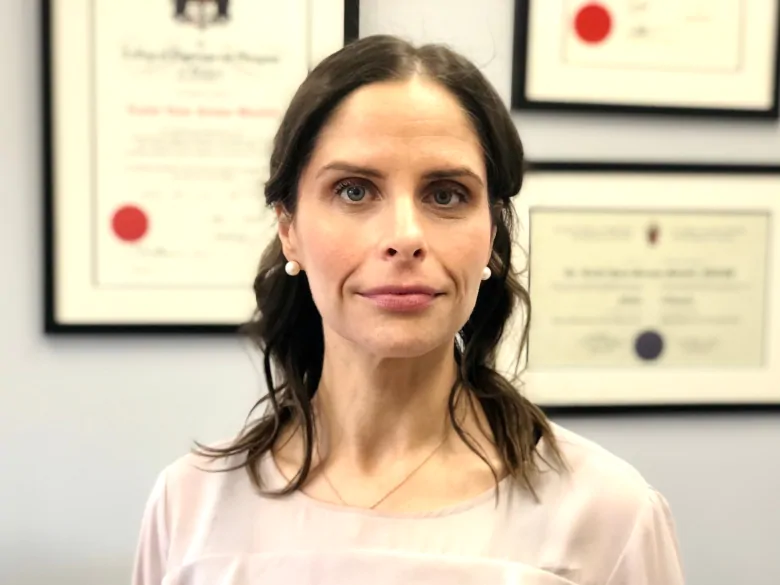All of this coronavirus information can be overwhelming and frightening for children, and it’s up to parents to provide accurate information in an age-appropriate manner, one expert says.
There’s no escaping it. On television, in schools, on the street and at home, one word hangs in the air: coronavirus.
The coronavirus — which causes COVID-19 — and its repercussions are unlike anything people today have ever experienced. Stock markets have been plunging, travel restrictions have been put in place, major sports events have been suspended, schools are closing and an entire country, Italy, is under lockdown.
All of this information can be overwhelming and frightening for children, and it’s up to parents to provide accurate information in an age-appropriate manner, one expert says.
Julie Farrally, of Oakville, Ont., is the mother of two teenagers. She noticed heightened concern from her 15-year-old son, Noah. It started fairly early on and began with frequent handwashing.
“He’s definitely more conscious about germs,” Farrally said. “He’s definitely way more conscious about keeping the house clean, to the point where I’m like, ‘No, you’re in the house, and you’ve been in the house, you don’t need to rewash our hands.'”
It’s not that he’s paranoid, she said, just more conscious about being clean.
Youth psychiatrist Dr. Rachel Mitchell, with Sunnybrook Health Sciences Centre in Toronto, said it’s important to validate fears held by children, to listen to them and to be sure to speak to them at the age-appropriate level. If they have asked questions, answer them honestly, and don’t share any more information other than what they asked.
“Obviously, the conversation you have with a five-year-old is not going to be the same conversation that you have with a 10-year-old, which is not the same conversation that you’re going to have with a teenager,” Mitchell said.

Limit exposure to the news
Also, don’t keep them in the dark.
“Don’t hide news from kids,” Mitchell said. “The instinct to protect them is natural and valid and inherent to being a parent. But as with any difficult news story, telling

